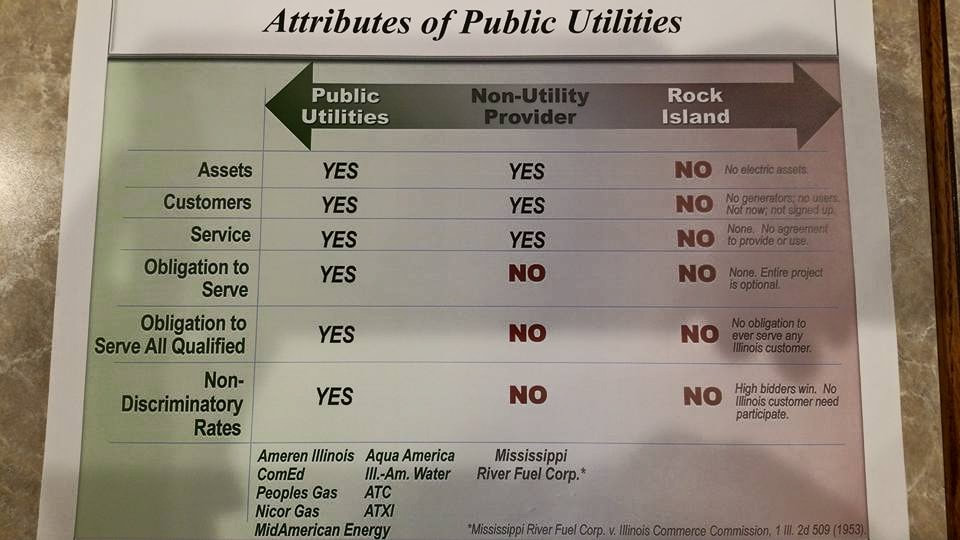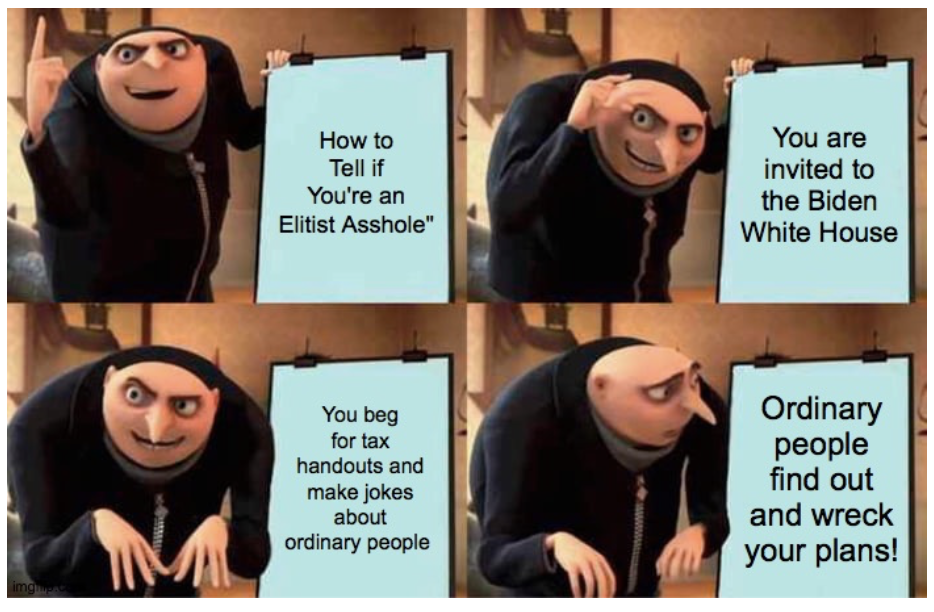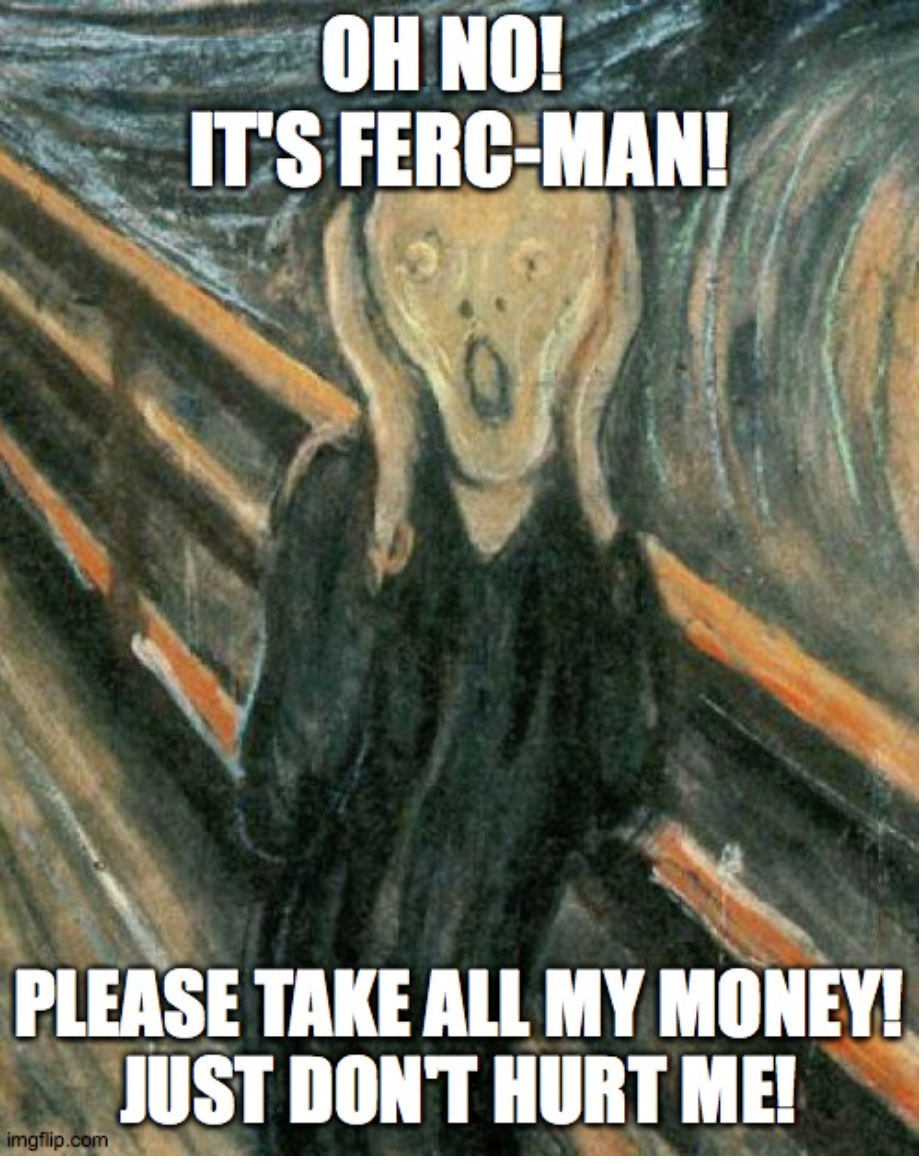Here's why:
Grain Belt Express is a merchant transmission project, not a transmission project ordered by a regional transmission planning organization because it is needed for reliability of the system, or economic reasons. Or even to support state public policy laws.
A public utility must maintain its system to provide reliable and economic service to all customers within its service territory. A public utility must provide service to all customers within its territory at equitable rates. A public utility cannot pick and choose which customers it wants to serve, and it cannot charge different rates to similarly situated customers. A public utility may have different rates for different classes of customers, for example residential users may pay different rates than commercial or industrial customers. But a public utility cannot charge a different amount to two residential customers, or two commercial customers. A public utility has an obligation to serve all customers equitably.
A merchant transmission project is not a public utility because it has no obligation to serve any customer, and it may charge different rates to similarly situated customers. It does not operate in the interest of the public, it operates in its own private interest. A merchant can pick and choose which customers it wants to serve, often based on profit. For example, a merchant transmission company may choose to serve only the portion of its potential customers who volunteer to pay the most money for the service. And even then, it can charge different rates for each customer. It's like a water line that chooses to supply water for only select customers who pay the most for water, or wear a certain colored coat, or vote for a certain candidate. The rest of the people go without water.
Because a merchant is only providing service to chosen customers, it is not providing a public service. It is providing a private service negotiated between just two parties. If your neighbor wanted to build another driveway into his property that was routed through your backyard, could he condemn your backyard and use it for his own private business? Of course not! Instead, your neighbor may negotiate with you on a free market basis to sell him an easement to cross your property, but he can't just take it. This is why merchant transmission companies should never be granted the solemn power of eminent domain. Merchant transmission is not providing a PUBLIC service.
Now let's noodle over the issue of merchant transmission rates.
Your public utility is regulated and may only charge its customers its cost of providing the service, plus a small profit set by regulators. It can't just charge whatever it wants, its rates are thoroughly examined and set by regulators in order to protect the public interest. Your public utility cannot choose to serve only customers who offer to pay the most, or wear a certain coat, etc. It must serve the entire public.
A merchant transmission company is not regulated and does not use cost of service rates. Instead, it may be granted negotiated rates by federal regulators. A negotiated rate is just that... a rate for service that is negotiated voluntarily between two sophisticated parties. Federal regulators rely on the market value of the service to keep prices at reasonable rates. If a merchant insists on pricing its service higher than voluntary customers are willing to pay, it won't have any customers. Customers will only pay for the service if it is reasonably priced for their needs.
A merchant transmission project is a speculative business venture that is proposed solely for profit. The merchant supposes that if it builds transmission between Point A and Point B that customers will elect to take service. Those customers will negotiate rates with the merchant on a free market basis. The rates they volunteer to pay do not exceed the market value of the service. The market value of the service is the price the service would fetch in a competitive market. It reflects the value of the service to voluntary customers. The market value is completely unaffected by the cost to construct the project. The price for service reflects what voluntary customers are willing to pay, not the merchant's cost to construct the project.
If Grain Belt Express claims that undergrounding, or negotiating easements in a free market, makes its project too expensive to appeal to its voluntary customers, the proper response is: "Too bad for you, Grain Belt Express." It means that the merchant's financial proposal to provide service at market-based rates is uneconomic. When a merchant transmission project is uneconomic, it doesn't attract voluntary customers, and the project fails.
There is no reason landowners should be held captive to the financial proposals of private parties. Landowners should not be forced to accept financial or emotional harm so that a privately held company that does not provide a public service can make money. It is not incumbent upon Midwest landowners to make a sacrifice so that voluntary customers in another region can pay cheaper rates for a private service.
Don't visit the financial impacts of GBE on the people of Illinois, Missouri and Kansas so that GBE can make a huge profit selling "cheap" service to the people of other states. GBE is trying to undercut renewables in those other states on price, and in so doing causing financial harm to Midwestern landowners. The people in other states don't have a "right" to cheaper electricity that trumps your right to own and use your land to make a living. Grain Belt Express is an uneconomic project trying to avoid failure by heaping undue costs on others who will receive no benefit.






 RSS Feed
RSS Feed